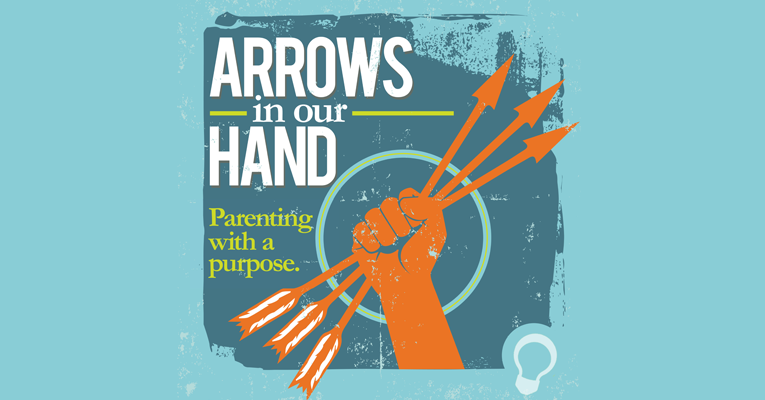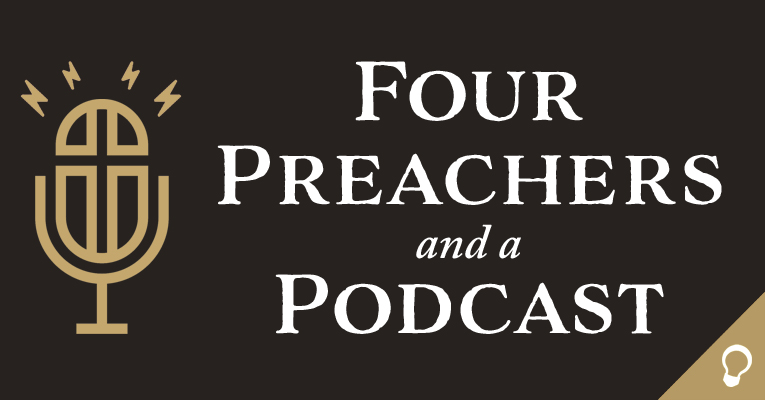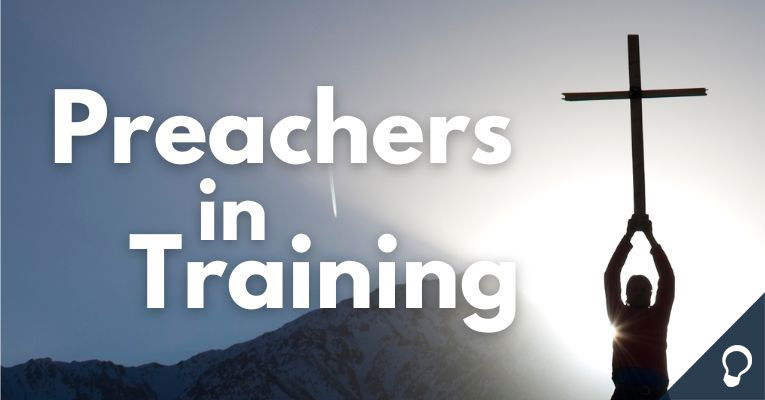
Podcast: Play in new window | Download
The New You Season 4, Episode 3 for Wednesday, August 10, 2016
See the episode transcript below.
Links
Your Feedback
- Email: robert@thelightnetwork.tv
- Voicemail: 903-26-LIGHT (903-265-4448)
- If you enjoyed the show, please rate it on iTunes and write a brief review. Doing so helps us spread the word about the show! Thank you!
Subscription Links
Episode Transcript
Welcome to The New You, where we focus on maintaining and accentuating the new that Christ has created in you. I’m Robert Hatfield, and here is today’s Scripture:
And behold, a certain lawyer stood up and tested Him, saying, “Teacher, what shall I do to inherit eternal life?” He said to him, “What is written in the law? What is your reading of it?” So he answered and said, “ ‘You shall love the LORD your God with all your heart, with all your soul, with all your strength, and with all your mind,’ and ‘your neighbor as yourself’ ” (Luke 10:25-27).
Having focused on the greatest command for the past two episodes, let’s focus today on the second greatest command: “You shall love your neighbor as yourself.” What does that mean? That’s exactly what Jesus discussed in Luke 10:25-37. In that text, we see two questions, a story, and an answer.
The Questions
In Luke 10, a lawyer asked Jesus, “Teacher, what shall I do to inherit eternal life?” In that day, a lawyer was an expert in the Law of Moses. This lawyer’s question is interesting. The word do in the lawyer’s question is given in a verb tense that indicates once and for all action; something you do and you’re done. It’s as if the lawyer is asking, “What one thing do I have to do to go to heaven?”. As the Lord answered the question, He points out that what one must “do” involves sustained obedience (as seen in verse 28), not a “one and done” activity.
Jesus first replied by asking the lawyer what the Law said one must do to inherit eternal life. The man replied by quoting the greatest commands, to love God first and then to love others. Jesus praised the lawyer for his answer, but it is clear that the lawyer knew what he needed to do in theory, but not in practice. This is made clear by the second question the lawyer asked.
“And who is my neighbor?” (Luke 10:29).
The Pharisees restricted the term “neighbor” to exclude not only Gentiles and Samaritans but also publicans and those who did not share their particular views. In essence, then, the lawyer was asking, “Who do I have to love?”
The Story
Jesus responded to that second question with the famous story of the Samaritan who was willing to help a man who had been robbed, beaten, and left for dead.
Don’t miss the context of this story. Luke 10:27 makes it clear that this story is linked to both the first and second greatest commands. The story provides a clear and practical illustration, making these crucial commands practical.
The man who was robbed was on his way from Jerusalem to Jericho (Luke 10:30), where he fell among thieves. The road to Jericho was a narrow, deep ravine with many hiding places for robbers. Jericho is 800 feet below sea level, and Jerusalem is 2,500 feet above sea level. When the Bible says that the man “went down” to Jericho, it is referring to the elevation change of 3,3o0 feet.
The priest and the Levite happening upon the man is not so coincidental. While the road was dangerous, it was often traveled by Jewish religious and political leaders because Herod’s winter palace was in Jericho. Yes, an alternative route was available, but it was longer than the Jericho road.
The priest, in selfish indifference, passed by the poor man, walking on the other side of the road. The Levite was even worse. He exhibited calculated selfishness as he came and looked at the man, then passed by on the other side (Luke 10:31-32).
The fact that a Samaritan is the hero of the story must have been appalling to the lawyer with whom Jesus is speaking. The Jews hated the Samaritans. Nevertheless, Jesus depicts the Samaritan applying bandages, oil, and wine to the man’s wounds, putting him on the Samaritan’s own animal, and paying for his care at an inn (Luke 10:33-35).
The Answer
Having finished the story, Jesus turned back to the lawyer and asked, “So which of these three do you think was neighbor to him who fell among thieves?” (Luke 10:36). There was no other answer the man could give. Notice that the lawyer won’t say the word “Samaritan.” Instead, he says, “He who showed mercy on him” (Luke 10:37).
Jesus’ response: “Go and do [again, present tense] likewise.”
Let’s wrap it up: Jesus took the second greatest command out of the realm of theological discourse and into practicality. My neighbor is anyone who is in need.
Sometimes we overcomplicate things that are actually very simple. If you see someone who is truly in need, help them. In so doing, you will be fulfilling the second greatest command. How will you show that you love your neighbor today?
Thanks for listening to The New You. This podcast is brought to you by The Light Network. Visit us online at thelightnetwork.tv. You can follow us on Twitter by going to twitter.com/newyoupodcast. Subscribe to this podcast in iTunes or the Google Play Store to automatically receive each new episode. I’ll meet you tomorrow on The New You.






